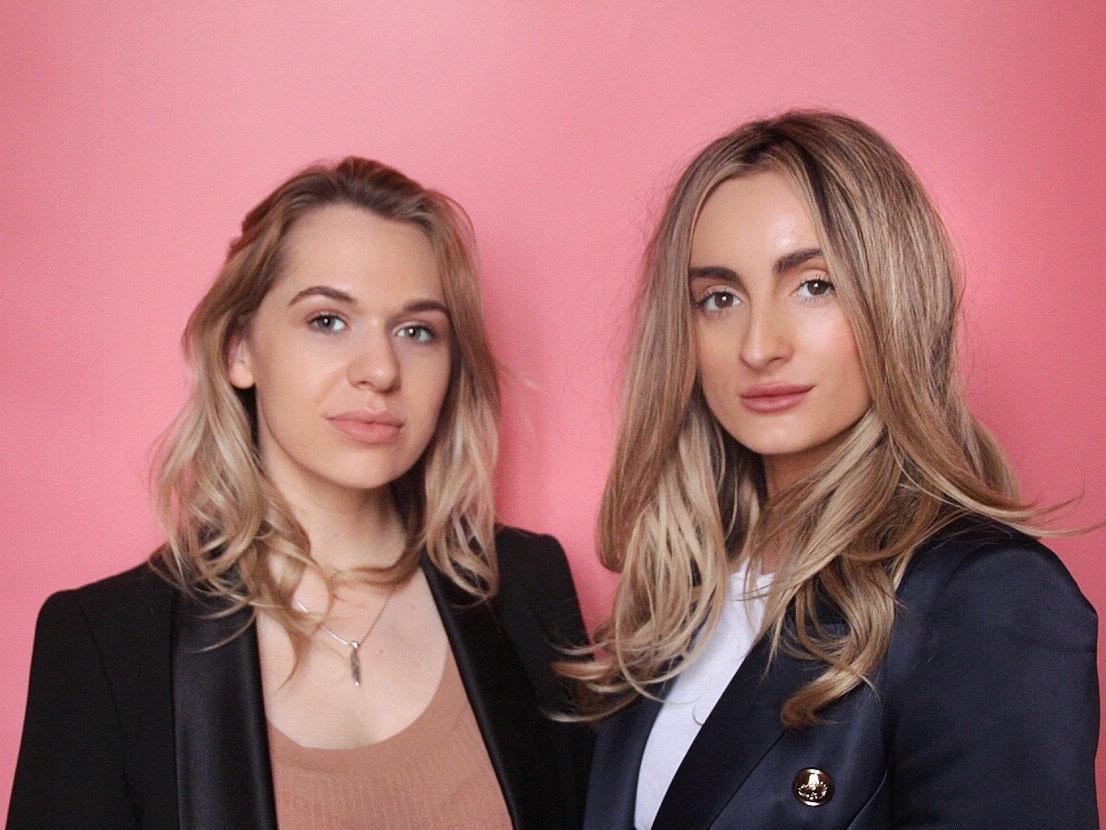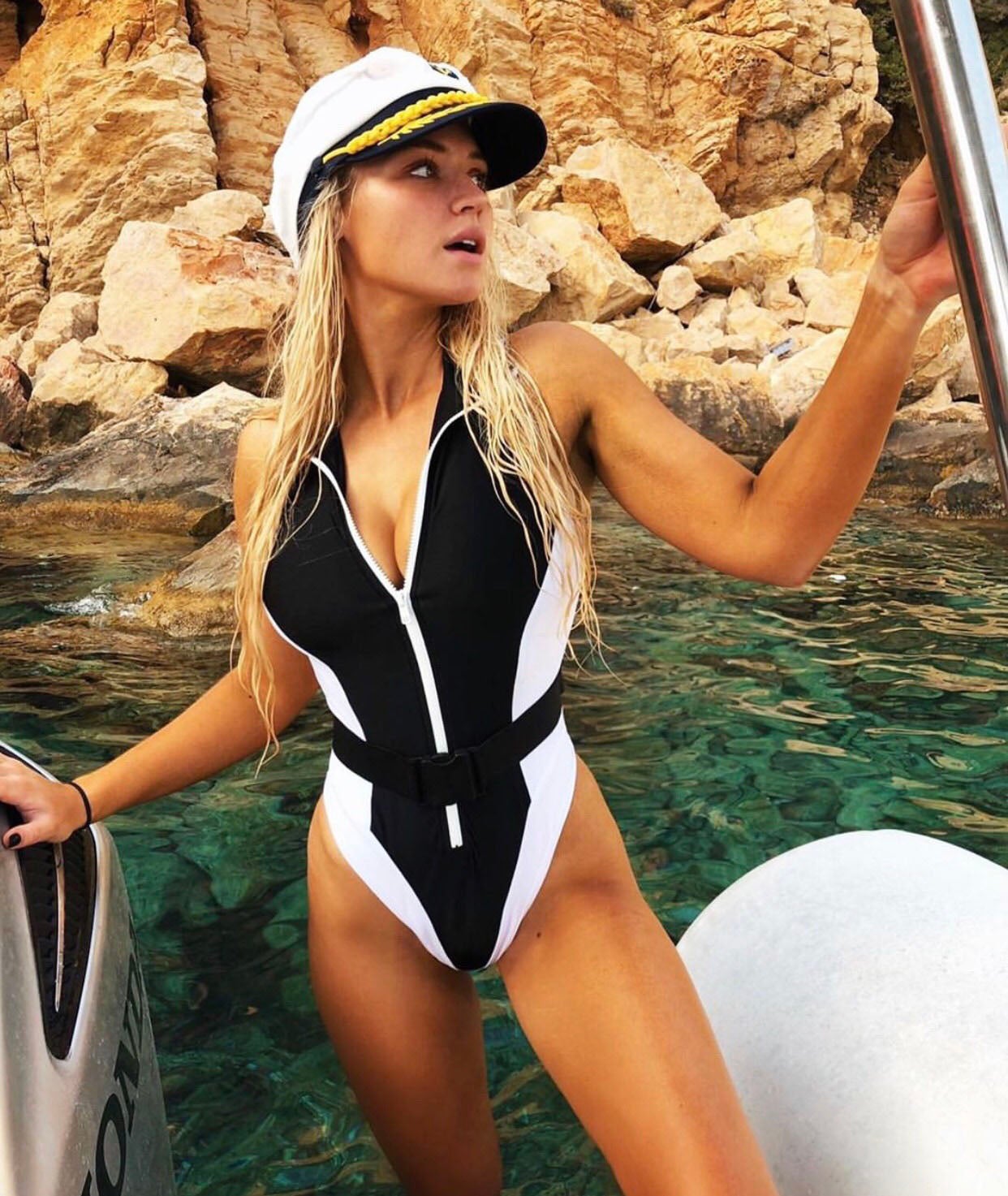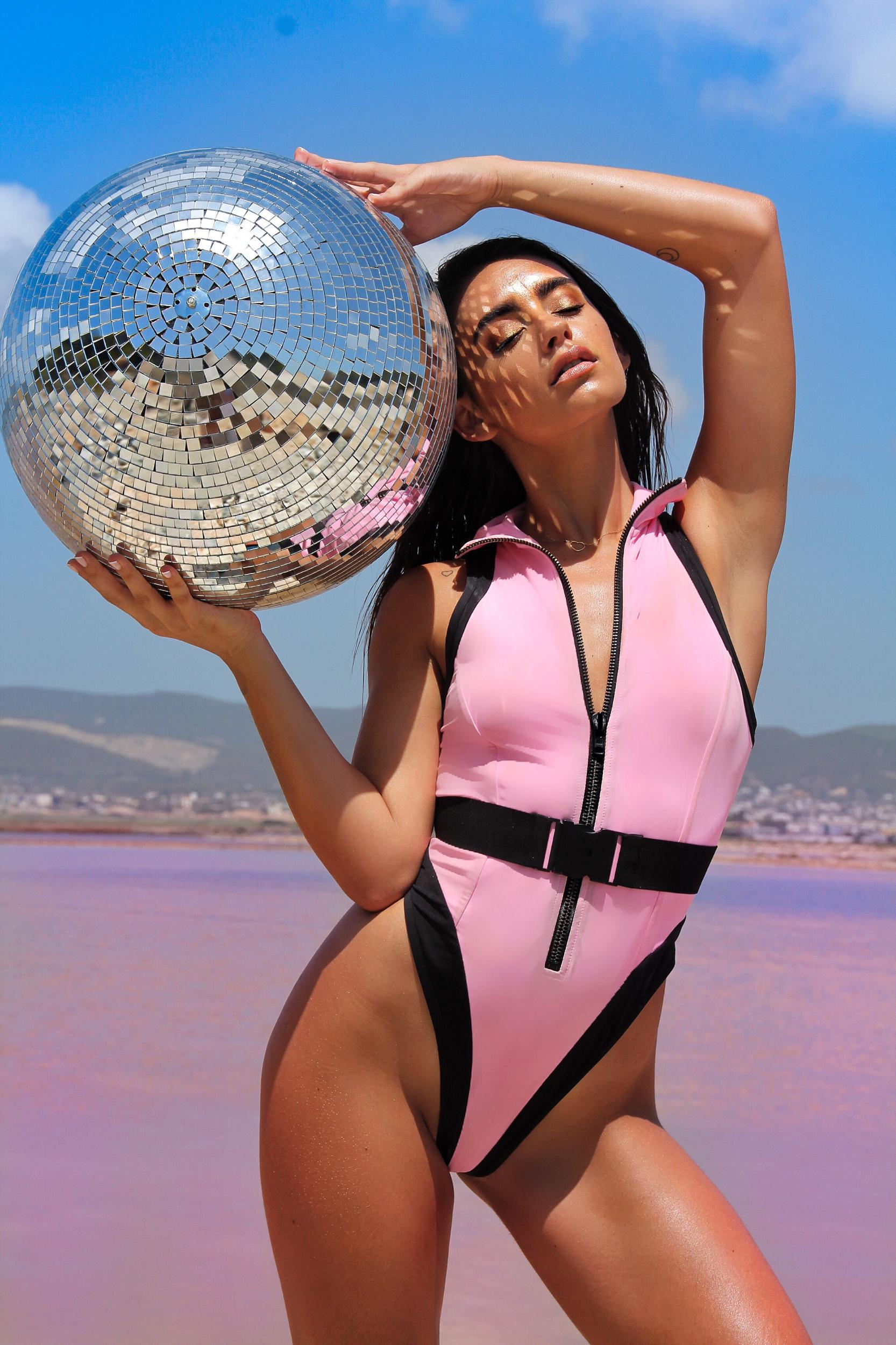From the sea, for the sea: The brand turning ocean waste into swimwear
After their suit was featured on Love Island, co-founders Annabel Humphrey and Hannah Daykin saw their sustainable brand’s popularity explode, they tell Zlata Rodionova


From unsustainable manufacturing methods to toxic waste and water pollution – fast fashion comes at a huge cost to the environment.
It is estimated that around 700,000 tonnes of fishing equipment is abandoned in the ocean each year – worse still, nets and pots can continue to trap fish and crustaceans for up to 30 years. But the environmental crisis at hand means more brands are combining their efforts to find solutions and fabricate new materials.
Pursuit the Label, a swimwear brand founded in 2017, takes that to good account by making all their swimsuits from Econyl – a 100 per cent regenerated nylon made from recycled sea waste like fishing nets and old textiles. Humphrey and Daykin, who founded the brand, tell The Independent: “Our whole idea was to inject fashion into sustainable clothing and challenge the way millennials shop. We wanted to tell them that you can actually look stylish while doing something good for the planet.”
The sustainable brand went mainstream when Love Island’s Lucie Donlan stepped into the villa wearing the Viper swimsuit from their latest collection. Hannah says: “You can love it or hate it but Love Island has been a blessing for us. The show is so popular in the UK with swimwear featured everyday, we couldn’t dream of a better opportunity.
“Just before being featured, we were thinking of what to do next to get our product out there. It was tough because in the first year we gave a lot of money to influencers to promote the product but we weren’t getting much return. The timing was perfect, even though it took us completely by surprise.”
In fact, the swimsuits became so popular, the founders could hardly keep up with the orders in the months following the TV show. Annabel says: “We got up to 400 orders, following the first episode. These were on a pre-order basis meaning that the customer was paying for something that they had to wait four to five weeks for. We could have sold three times this figure had we have had the stock ready to ship at the time of order. It’s all great learning going forward though.”

The pair met while doing a fashion buying course at The University of Westminster in London. One of their topics was Fashion and the Future at a time when sustainability wasn’t yet mainstream and consumers were less educated about fashion’s damaging effect on the environment. Hannah says: “I think it’s really important to think about sustainability if you’re building your brand today. Even big names like Adidas are making trainers out of recycled materials, so there is no way it can be avoided.”

Annabel adds: “When founding the brand, we did a comp shop of sustainable swim and clothing brands and we found that many of the brands were very minimalistic pieces and there was nothing that stood out to us. We thought why can’t you shop responsibly but also wear a statement swimsuit? This was always in our mind when designing our best selling high neck zip front swimsuits. We loved the fact that we could create pieces from recycled waste, they are essentially from the sea for the sea.”
Not only is the swimwear made from recycled waste, but all their pieces are made in a factory in Enfield, London, while their packaging is made from 100 per cent recycled cardboard.
With a few clients in the likes of Dubai, Miami and LA and some from Australia, the two friends are hoping to expand their global reach as the brand continues to grow. Hannah says: “In the US, consumers are lot more environmentally-conscious. The UK is catching up to that really. I think that’s why we’re getting a lot of interest from US customers and I wouldn’t mind spending a few days in LA more often.“
It took the pair a year to build the brand thanks to a £20,000 loan from Virgin StartUp, which offers 6 per cent fixed rate on borrowing up to £25,000. The not-for-profit organisation, which helps entrepreneurs with funding and resources, also pledged to provide funding for male and female-led businesses on a 50/50 basis by the end of 2020.
Annabel says: “I think you have to launch your product quickly, without it being absolutely perfect. In our experience it’s a case of trial and error, as soon as your brand is out there you can get that feedback and see what’s working and what is not.”
The founders are now hoping to find favour with more high-profile stockists in addition to their online presence. “We always said that we would love to be stocked in Selfridges. We as customers always shop there and feel that they have the coolest variety of brands, and also admire how they support young talent and most importantly brands who are trying to make positive changes in the sustainable fashion space,” Annabel adds.

They also have a collaboration coming up although these details are under wraps for now.
Any advice for budding entrepreneurs? “Rather than panic think of how to solve the problem, use the challenges along the way to motivate you. For example, we expected our business to grow steadily instead of getting this bump in orders. It was very stressful at the time, but it’s a valuable experience. “You also need to have a clear vision of where you want your brand to go and be very selective about what advice you take from other people,” they say.
Join our commenting forum
Join thought-provoking conversations, follow other Independent readers and see their replies
Comments
Bookmark popover
Removed from bookmarks